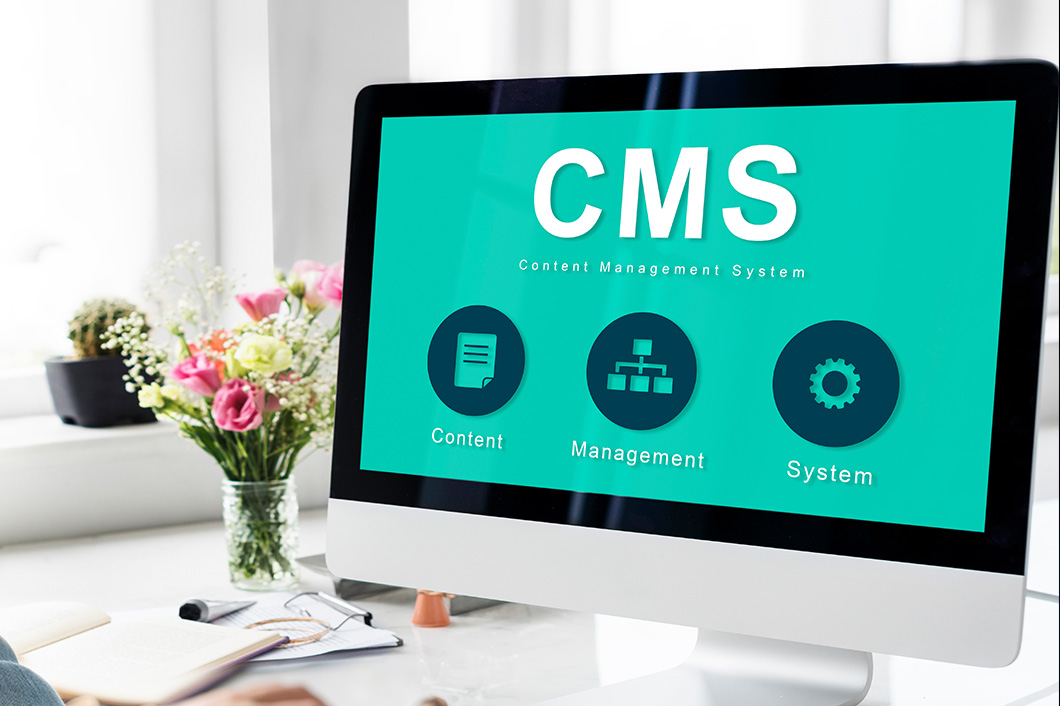A Guide to WordPress Development:
Are you looking to build a website but feeling overwhelmed by the vast array of content management systems (CMS) available? Don’t worry, we’ve got you covered!
In this guide, we’ll walk you through the process of choosing the right CMS for your website, with a focus on the widely popular WordPress platform. So, let’s dive in and discover the world of WordPress development!
Understanding CMS and Why it’s important:
A CMS (Content Management System) is a software application that allows you to create, manage, and publish digital content on the web without the need for extensive coding knowledge. It provides a user-friendly interface that simplifies website management and empowers users to create and update content effortlessly. Choosing the right CMS is crucial for the success and scalability of your website.
Why WordPress?
WordPress is the most widely used CMS, powering over 40% of websites on the internet. It offers a plethora of features, flexibility, and a massive community that constantly contributes to its development. Whether you’re a beginner or an experienced developer, WordPress provides a solid foundation for building websites of any scale and complexity.
Consider Your Website’s Goals and Requirements:
Before diving into WordPress development, it’s essential to define your website’s goals and requirements. Here are a few factors to consider:
- Website Type: Determine the purpose of your website. Is it a blog, an e-commerce store, a portfolio site, or a corporate website? Understanding your website type will help you choose the right WordPress theme and plugins.
- Scalability: Consider the potential growth of your website. Will you need to add new features, expand your content, or integrate third-party services in the future? WordPress offers scalability options, but it’s important to plan ahead.
- Budget: Determine your budget for website development. WordPress itself is free and open-source, but you may need to invest in premium themes, plugins, or professional services depending on your specific needs.
- Easy to Use: If you’re a beginner, consider the user-friendliness of the CMS. WordPress excels in this area, with a simple and intuitive interface that allows you to create and manage content with ease.

WordPress Development
Assessing Themes and Plugins:
One of the key strengths of WordPress is its vast library of themes and plugins. Themes control the design and layout of your website, while plugins add functionality. When choosing themes and plugins, keep the following in mind:
- Design and Customization: Look for themes that align with your website’s visual identity. Ensure that the theme is easily customizable to reflect your brand and provide a seamless user experience.
- Responsiveness: In today’s mobile-driven world, it’s crucial to have a website that looks great and functions well across different devices. Choose responsive themes that adapt to various screen sizes.
- Plugin Compatibility: Assess the compatibility of plugins with your chosen theme. Make sure that the plugins you require are supported and work well together to achieve your website’s goals.
Security and Performance Considerations:
Website security and performance are essential for a successful online presence. With WordPress, you have several options to enhance these aspects:
- Security: WordPress has a strong security foundation, but it’s important to take additional measures. Regularly update WordPress core, themes, and plugins to patch security vulnerabilities. Utilize security plugins, implement strong passwords, and consider adding a firewall for added protection.
- Performance: Optimize your website’s performance by choosing a lightweight theme, compressing images, and utilizing caching plugins. Fast-loading websites contribute to a positive user experience and can improve search engine rankings.

